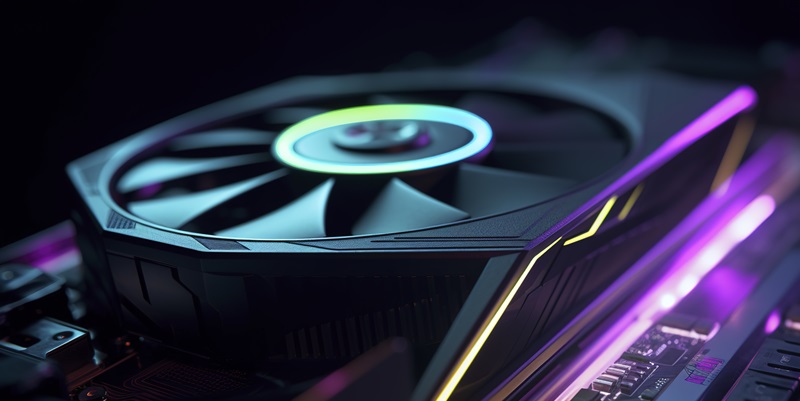NVIDIA, a leading technology company known for its cutting-edge graphics processing units (GPUs), is making waves in the artificial intelligence (AI) industry with its H100 AI GPUs. These powerful GPUs are set to reach a staggering deployed capacity of 3.5 million units by next year, revolutionizing AI applications across industries. However, with such a massive number of GPUs in operation, the energy consumption associated with them has raised concerns. Reports suggest that the combined electricity consumption of these 3.5 million H100 units will be around 13,000 gigawatt-hours (GWh) annually, surpassing the power consumption of entire countries. Let’s delve into the details of this significant development and its potential implications.
H100 GPU Deployment and Electricity Consumption
The deployment of the H100 AI GPUs by NVIDIA is projected to be on an unprecedented scale. With approximately 3.5 million units hitting the market next year, the company aims to meet the escalating demand for AI computing power. However, this ambitious deployment comes at a cost. The colossal fleet of H100 GPUs is expected to consume a staggering 13,000 GWh of electricity each year to fuel their computational capabilities.
The association of high electricity consumption with cryptocurrency mining in 2020 is well-documented. However, the scale of electricity consumption projected for NVIDIA’s H100 GPUs surpasses that of the previous crypto mining boom. This highlights the remarkable demand for computational power required for AI applications and showcases the advancements made by NVIDIA in driving AI technologies forward.
To put the electricity consumption figures into perspective, the annual consumption of 13,000 GWh by NVIDIA’s H100 GPUs is greater than what some entire countries consume in a year. Countries like Guatemala and Lithuania, with their considerable energy needs, fall short of the power consumed by these AI GPUs alone. The magnitude of this energy consumption raises concerns over sustainability and energy resource management.
Global Deployment of NVIDIA’s AI GPUs
NVIDIA’s H100 AI GPUs have witnessed widespread global deployment, enabling various industries and research institutions to harness the power of AI. Through their adoption of new AI language models and platforms, NVIDIA’s dominance in the field remains unrivaled. The scale at which these GPUs are being utilized showcases the increasing dependence on AI for solving complex problems and extracting valuable insights from data.
Future Projection of Electricity Consumption
NVIDIA’s plans to sell an astounding 1.5 to 2 million units of H100 GPUs next year suggest that electricity consumption figures are likely to triple compared to the present scenario. With a rapidly expanding demand for AI technologies and the relentless pursuit of innovation across industries, the deployment of AI accelerators is only expected to increase. This raises questions about how nations will cope with the escalating energy requirements in an already strained energy landscape.
The growth of the AI industry is undeniable, with AI accelerators driving advancements in machine learning, natural language processing, and computer vision. Supercomputers and data centers are poised to incorporate a significant number of advanced AI accelerators like NVIDIA’s H100 GPUs in the coming years. Consequently, power consumption in the AI industry and data center segment is expected to surge. Governments and stakeholders must anticipate and plan for the increasing energy demands associated with these technological advancements.
The relentless pursuit of AI technologies has propelled NVIDIA’s H100 AI GPUs to unprecedented levels of deployment and performance. However, the associated electricity consumption cannot be ignored. With the capacity to consume enough electricity to power entire nations, the global adoption of AI accelerators presents challenges in sustainable energy consumption. As the AI industry continues to expand, it is crucial for stakeholders to collaborate in finding innovative solutions to mitigate the environmental and energy impact while driving forward the limitless potential of AI.

